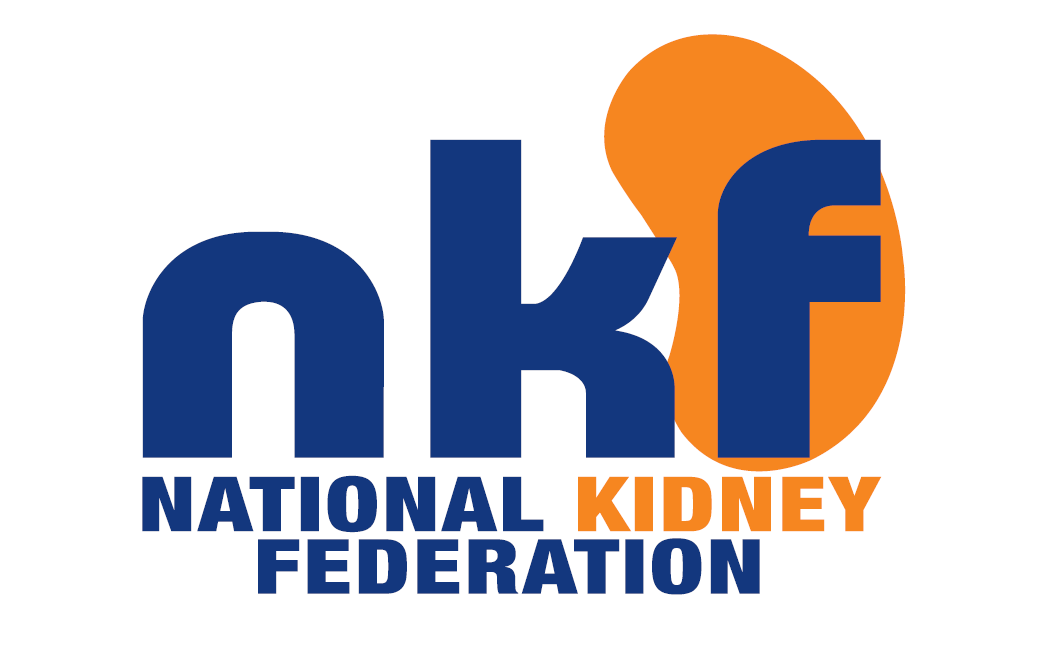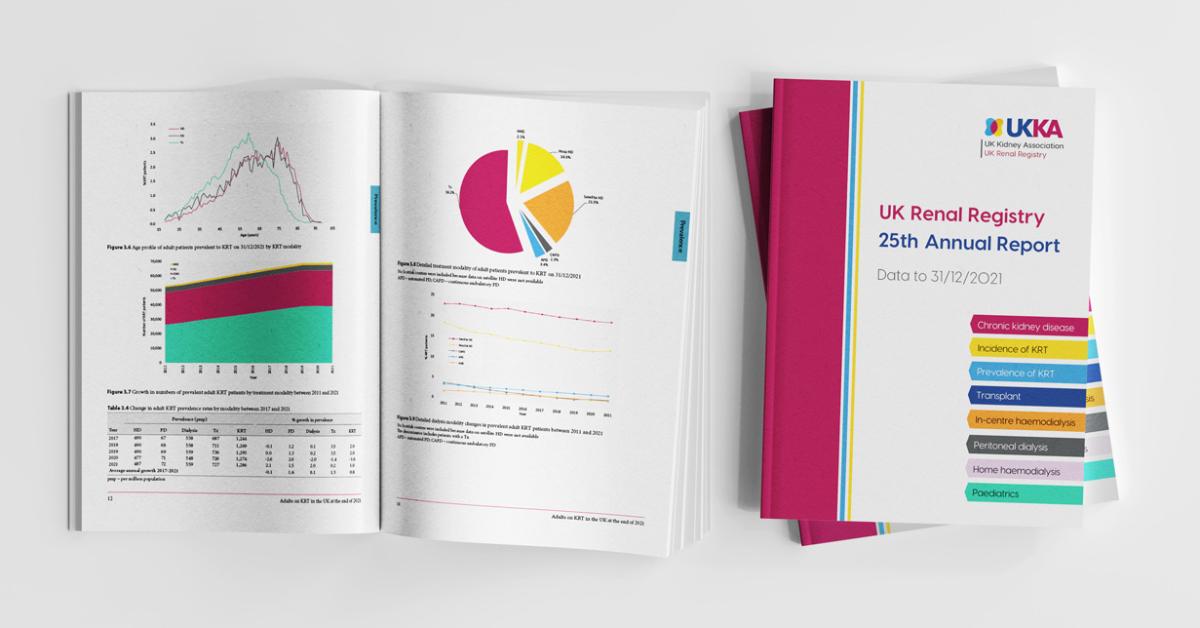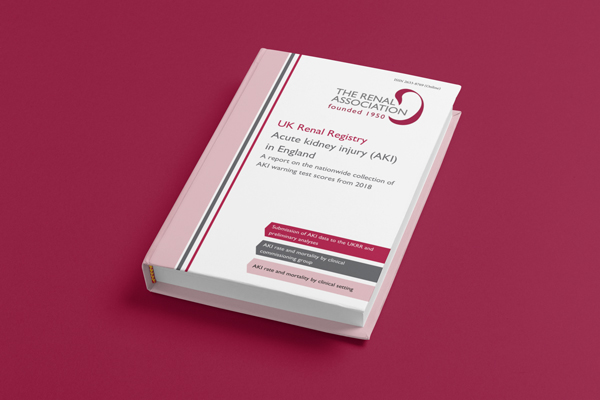Developing a strategy to reassess patient's technique when performing Peritoneal Dialysis and reduce the risk of Peritonitis
Royal Derby Hospital
Quality improvement leads:
Aim: To reduce the number of peritonitis episodes experienced by our PD population
Introduction
It was observed that the peritonitis rates in our PD population had risen dramatically over the previous 2 years. Our team decided that we needed to closely monitor individuals' technique and compliance with performing PD at home. Literature and research in this area appeared limited and gave no indication or guidelines as to when, what or how a review of patient technique and understanding should take place.
It was decided that we would perform a technique check in the patients' home environment periodically and would check for any deviations from the taught PD competencies. The anticipated outcome was a reduction of peritonitis episodes, therefore an improvement in patient outcomes.
What we did
A programme of reassessment was devised to ensure all patients would be periodically observed in the home setting. It was determined that technique would be re-checked 1-3 months after commencing PD, then routinely every 6 months. Technique check would also be performed in the 4 weeks post peritonitis. To support continuity, a single assessor carried out the reassessments and identified areas of concern/need for retraining. A checklist was designed to identify areas that required examination, this checklist allowed the assessor and the patient to focus on areas of learning that needed to be revisited. On launching the programme, all existing and new patients were informed of the purpose and aim of reassessment.
The outcome
The retraining schedule commenced in January 2019, resulting in all existing/new PD patients being reassessed. A small number of longstanding patients demonstrated some resistance initially. However, after discussing the aim of the reassessment programme, all PD patients valued the need for such action. All of the patients received retraining over the course of 6 months, this has now become a rolling programme of reassessment.
Change of peritonitis incidence by month 2019

The reassessment/retraining did seem to impact on the number of episodes of peritonitis we experienced and resulted in a positive outcome for the PD team and patient population. We would recommend that reassessment and retraining of patients is crucial to ensuring the longevity of PD as a renal replacement programme.
Want to know more? Get in touch with the QI team
[INSERT NAME AND CONTACTS]







